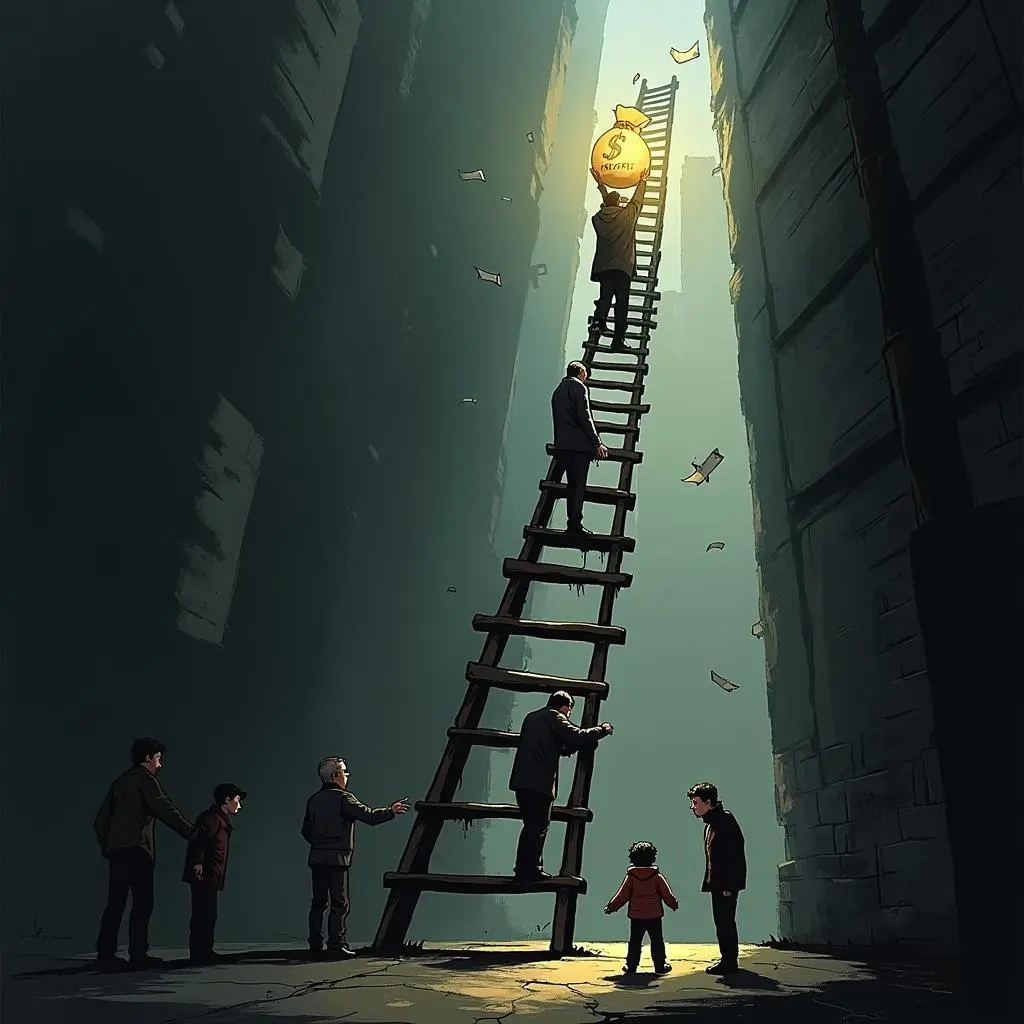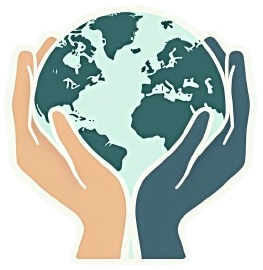Why Do We Accept Inequality as Normal?

Inequality has become so ingrained in our societies that it is often accepted as a normal part of life. From economic disparities to social hierarchies, the unequal distribution of resources and opportunities is justified by tradition, culture, and even the belief that competition drives progress. But why do we accept a system that leaves so many behind while benefiting a privileged few?
One of the reasons inequality persists is that it is reinforced by social and economic systems designed to maintain the status quo. Education systems often replicate societal divides, offering fewer opportunities to those from disadvantaged backgrounds. Similarly, economic structures prioritize profit over equity, rewarding the wealthy while marginalizing the poor. These systems teach individuals to accept their position as unchangeable, discouraging collective action for reform.
Cultural norms and ideologies also play a significant role in normalizing inequality. Concepts like meritocracy suggest that success is purely a result of hard work, ignoring the structural barriers that prevent equal access to opportunities. Meanwhile, media and societal narratives often glorify the wealthy and powerful, perpetuating the belief that inequality is inevitable and even aspirational.
To challenge the normalization of inequality, societies must foster a culture of equity and collective responsibility. Governments can implement policies that promote wealth redistribution, access to quality education, and fair wages. Community initiatives can empower individuals to advocate for their rights and question systems that perpetuate disparities. Education can teach critical thinking and challenge the ideologies that justify inequality.
Ultimately, inequality is not a natural state but a human-made construct. By recognizing its roots and actively working to dismantle it, we can create a world where resources and opportunities are shared more fairly. The first step is to stop accepting inequality as normal and start envisioning a society built on equity and mutual respect.
